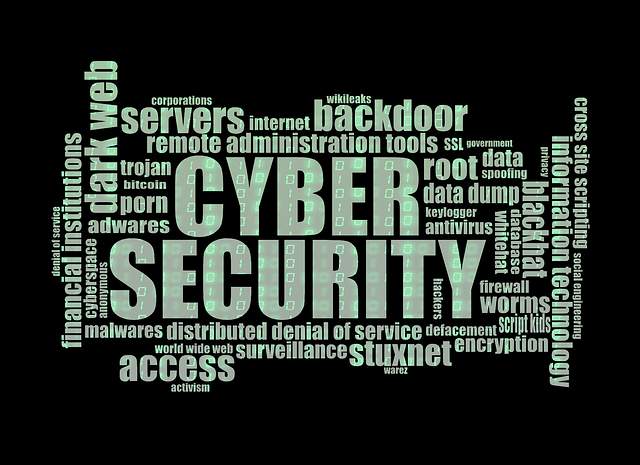Cybersecurity is the strength of internet-connected systems such as hardware, software and data from cyberthreats. Individuals and enterprises use the practice to protect against unauthorized access to data centers and other automated systems.
A robust cybersecurity plan can provide a good protection posture against hateful and malicious attacks designed to locate, alter, delete, damage or extort a company’s or user’s systems and delicate data.
Cybersecurity is also helpful in preventing muggings that aim to disable or interrupt a system’s or device’s processes.
Table of Contents
ToggleWhy is cybersecurity critical?
With an increasing abundance of users, devices, and performances in the modern enterprise, combined with the growing deluge of data, much of which is sensitive or confidential, cybersecurity’s importance continues to grow.
The ever-increasing volume and sophistication of cyber attackers and attack techniques compound the problem even further.
Types of internet security threats
While the web sponsors users with lots of knowledge and services, it also includes some risks.
Cyberattacks are only developing in sophistication and volume, with many cybercriminals practicing a combination of various types of attacks to achieve a single goal.
Though the list of possible threats is extensive, here are some of the most common internet security threats:
1.Malware: Short for “malicious software,” malware comes in several forms, including computer viruses, worms, Trojans, and dishonest spyware.
2.Computer worm: It is a software plan that copies itself from one network to the next.
It does not necessitate human interaction to create these copies and can spread rapidly and in significant volume.
3.Spam: Spam refers to unwanted messages in your email inbox. In some cases, spam can include trash mail that advertises goods or services you aren’t interested in.
These are usually considered harmless, but some can include links that will install malicious software on your computer if they’re clicked on.
4.Phishing: Phishing scams are created by cybercriminals attempting to solicit private or sensitive information.
They can pose as your bank or web service and lure you into clicking links to verify details like account information or passwords.
5.Botnet: A botnet is a network of private computers that have been compromised. Infected with malicious software, a single user controls these computers.
They are often prompted to engage in nefarious activities, such as sending spam messages or denial-of-service (DoS) attacks.
Proper usage of VPNs could help protect your data.
VPNs can adequately protect data from snooping eyes and hackers employing encryption technology, but they prevent viruses, malware, or substantial threats from stealing information.
This makes VPNs a unique cybersecurity machine, but not one that allows broad coverage. Fund in VPN technology and an anti-virus and identity curb to cover all of your cybersecurity bases.
Every 39 seconds, a hacker strikes someone and attempts to seize their valuable information.
These attacks can cause vital stress and financial loss for those affected. 77.3% of connections theft victims report emotional stress, and there is a new victim of identity crime every 2 seconds — influencing 33% of US adults.
Also Read: IT Career? Here’s How Smart Home Technology Causes Problems
How Do VPNs Protect You?
While VPNs cannot block viruses or malware from infiltrating systems, they can shield users from hackers endeavoring to steal their records during the transition.
This accounts for a meaningful portion of the overall menace attacks in the United States and elsewhere. But cybersecurity is only one of many goals to leverage a VPN.
They help safeguard nosey governments and private objects, protect information from spying eyes, help bypass firewalls and other restrictive factors, and top it entirely off.
They can improve speed, reduce privacy interferences, and help people access region-locked content from across the globe.
In other words, VPNs can do much more than keep computers secure.
Final Thoughts
There is often confusion around what VPNs can and cannot do. Many people think that simply connecting to a VPN will prevent them from being attacked online. Other characters believe that VPNs offer no security privileges. The answer lies someplace in the middle.
Related posts
Hot Topics
Understanding TruthFinder’s Background Check Features
Background checks have become increasingly relevant for personal safety and information gathering in digital environments. TruthFinder offers comprehensive background check…
How MLOps Is Shaping the Future of AI in Business
Artificial intelligence (AI) has evolved from a futuristic idea to a strategic necessity for companies looking to innovate, grow, and…



